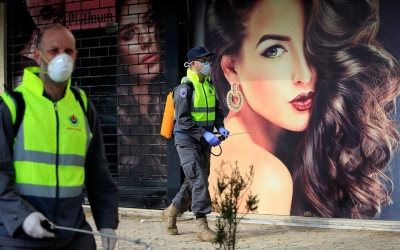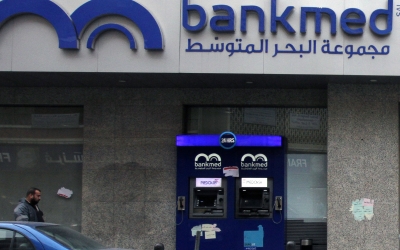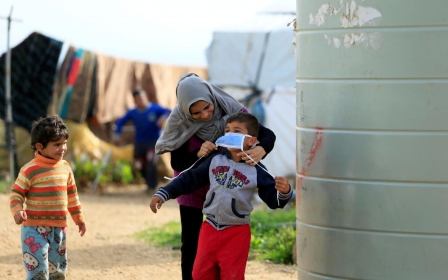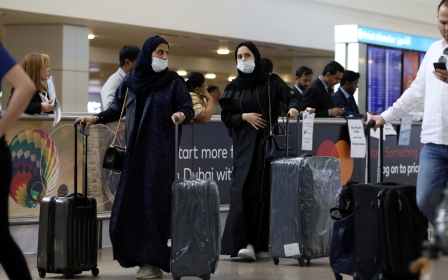Lebanese stranded abroad amid coronavirus expected to pay exorbitant fees for flights home
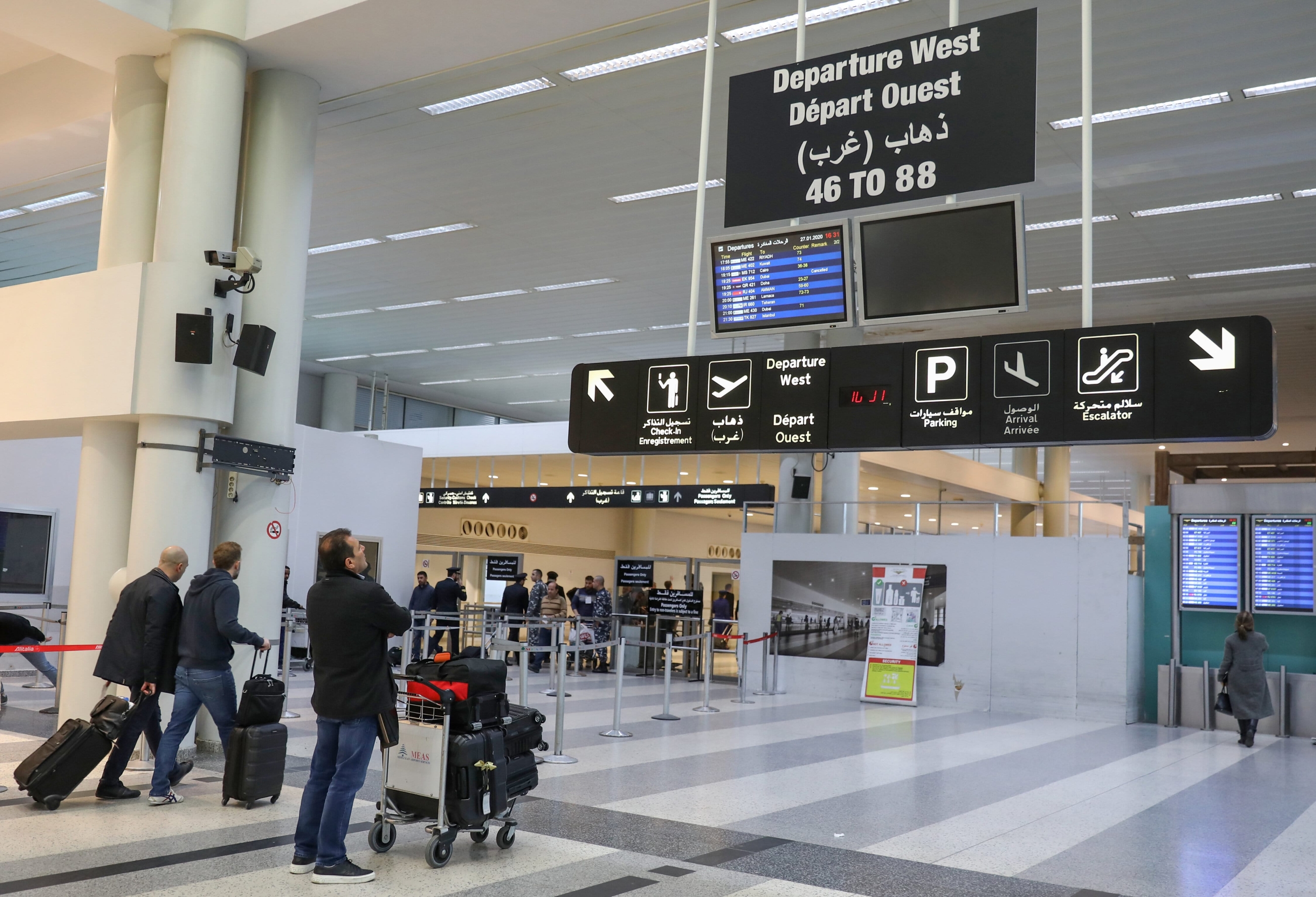
Lebanese nationals stranded abroad amid the coronavirus pandemic may have to pay exorbitant prices to return home, with economy tickets costing as much as $1,800, a diplomatic source told Middle East Eye.
According to another source close to the country's national carrier, Middle East Airlines, flights are expected to commence on 5 April and are priced in US dollars, ranging from $650-1,800 in economy class, and $1,300-3,900 in business.
MEE spoke to more than 15 Lebanese nationals who had applied to return home since the country imposed a travel ban on 15 March. Several said they were left to fend for themselves without proper guidance or assistance from relevant authorities.
With the Lebanese currency, the lira, losing almost 50 percent of its value in recent months, a decision by the country's banks to restrict US dollar withdrawals and transfers abroad further compounded their problems.
In an attempt to address the confusion, Information Minister Manal Abdel Samad told reporters on Wednesday that Lebanon would begin "three or four flights" from "three or four countries" on 5 April, however, she did not mention pricing.
According to MEE's source, the flights will repatriate nationals from
None of the nationals MEE spoke to were notified that they would have to pay for their flights home.
Hesitant to repatriate nationals
Lebanon's fragile government has been hesitant to implement a repatriation plan, fearing further cases of the coronavirus.
However, the cabinet was spurred into action following political pressure from several political leaders, including Speaker Nabih Berri, who threatened to suspend his party's' participation in the government if the stranded nationals were not brought home.
Lebanon closed its international airport on 15 March, and has since renewed that lockdown for another two weeks, extending it into mid-April.
Many of the Lebanese citizens interviewed by MEE said they were unable to get flights during a four-day grace period after the initial closure or did not anticipate the situation getting worse in their respective countries.
According to local French-language newspaper L’Orient Le Jour, about 22,000 Lebanese had submitted forms on the Foreign Ministry's website over the past 14 days to return to Lebanon.
According to the paper, the Lebanese government was set to return them in "waves" of 10,000 each week, though local media on Thursday expected the figure to be less than 400.
The diplomatic source told MEE that several Lebanese embassies were still preparing data sets from the application.
Students and travellers to be prioritised
It appears that young students and individuals on short-term trips will be prioritised in the application vetting process.
Prime Minister Hasan Diab described the first batch as a "test", to see what percentage of those applying carried the virus, hoping for only 1-2 percent of returnees.
So far, there have been 494 confirmed coronavirus cases in Lebanon, according to its health ministry.
Its frail public health-care system has faced a 7 percent cut in its budget, with hospitals facing a shortage of life-saving medicine and other crucial equipment as a result of an ongoing import crisis.
Some embassies have tried to help their marooned citizens, with the Lebanese embassy in Washington DC listing cases of students who need funds or housing on Facebook.
Meanwhile, Lebanese nationals in Jordan and Switzerland told MEE that they were on a WhatsApp group with a representative from the embassy, while others were getting regular updates over the phone.
The diplomatic source said that access to quality health care and the spread of Covid-19 are also taken into consideration in the application.
One of the most indebted countries in the world, Lebanon is facing its worst economic crisis since its civil war, having recently defaulted on its foreign debts and witnessed skyrocketing unemployment.
Middle East Eye delivers independent and unrivalled coverage and analysis of the Middle East, North Africa and beyond. To learn more about republishing this content and the associated fees, please fill out this form. More about MEE can be found here.


